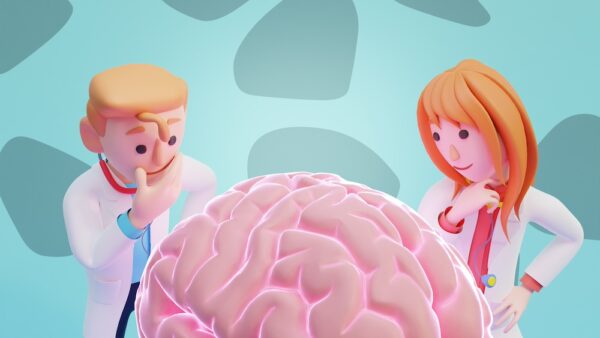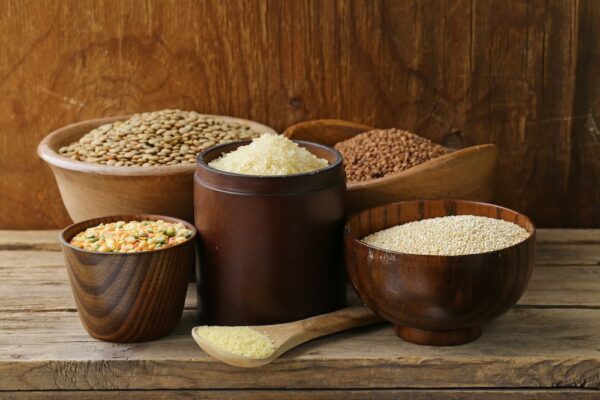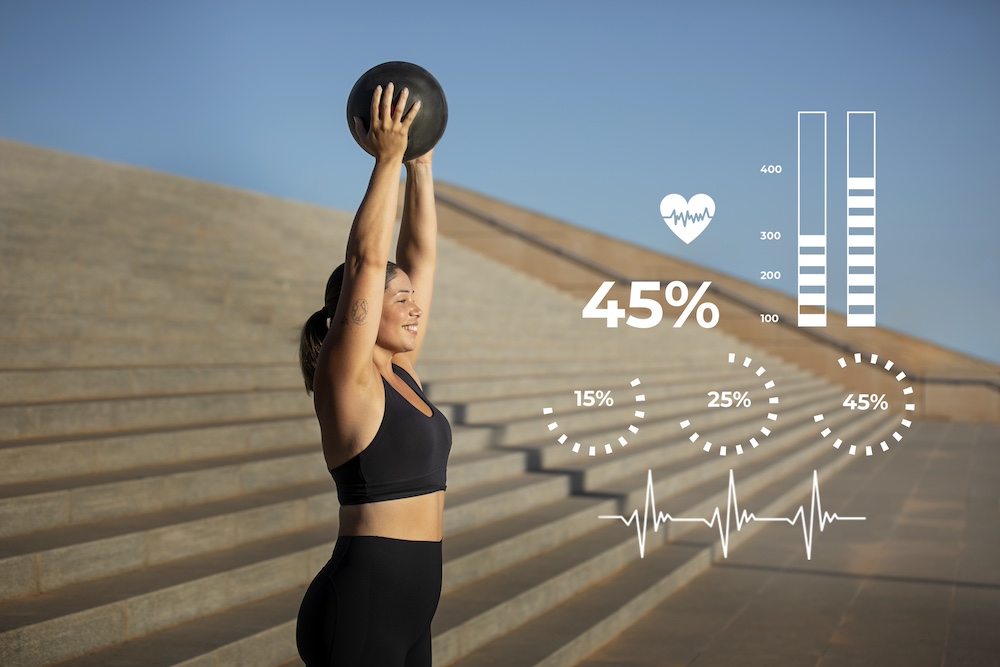Trendy Lifestyle Hacks
Boosting Metabolism With Vitamin B
Vitamin B is a powerhouse group of nutrients essential for converting food into energy, supporting brain function, and maintaining overall health. Each B vitamin plays a unique role, from boosting metabolism and aiding red blood cell production to enhancing nerve function. In this section, we’ll explore the benefits of each B vitamin and highlight the best sources to keep your body functioning at its best.
Discover why Vitamin B is crucial for your daily well-being and how to ensure you’re getting enough of these vital nutrients.
How Vitamin B Benefits Your Body
1. Boosts Energy Levels

Vitamin B plays a crucial role in converting carbohydrates, fats, and proteins into energy. Vitamins like B1 (Thiamine), B2 (Riboflavin), and B3 (Niacin) are essential for metabolic processes that keep you energized throughout the day.
2. Supports Brain Function

B vitamins are vital for cognitive health. Vitamin B6 (Pyridoxine), Vitamin B9 (Folate), and Vitamin B12 (Cobalamin) contribute to neurotransmitter production and brain function, helping to maintain memory and mood stability.
3. Enhances Red Blood Cell Production
Vitamins B6, B9, and B12 are essential for the production of red blood cells. Adequate levels prevent anemia and ensure that your body effectively transports oxygen to tissues and organs.
4. Promotes Healthy Skin

Vitamin B2 (Riboflavin) and Vitamin B7 (Biotin) support skin health by aiding in cell repair and regeneration. They help maintain a healthy complexion and prevent skin conditions.
5. Supports Nerve Function

Vitamin B12 is crucial for maintaining the health of nerve cells and supporting proper nerve function. It helps prevent neurological issues and supports overall nervous system health.
6. Aids in Digestive Health

Vitamin B1 (Thiamine) and Vitamin B6 (Pyridoxine) are important for a healthy digestive system. They help regulate digestive enzymes and support proper digestion and absorption of nutrients.
Best Sources of Vitamin B
Whole Grains

Rich in B1 (Thiamine) and B3 (Niacin), which help convert food into energy.
Leafy Greens
Provide B9 (Folate) and B2 (Riboflavin), essential for cell health and energy production.
Meat and Poultry

Excellent sources of B12 (Cobalamin) and B6 (Pyridoxine), crucial for red blood cell production and nerve function.
Eggs

Contain B7 (Biotin) and B12, supporting skin health and energy levels.
Legumes
Beans and lentils are rich in B9 (Folate) and B1 (Thiamine), beneficial for energy metabolism and cell growth.
Incorporating these nutrient-rich foods into your diet will help you meet your Vitamin B needs, supporting overall health and well-being.


